Before supersizing itself to its current format, the Best Picture category was home to five good films and true. Each vied for the ultimate movie accolade, and while many fell at the final hurdle, some, like Raging Bull, Network and Apocalypse Now, found greatness anyway. But others have fared less well, fading away like groundfall in Hollywood’s cruel and capricious orchard. When was the last time you curled up with a copy of The Russians Are Coming, The Russians Are Coming? Or Picnic? Here are the some of the more surprising Best Pictures nominee, subsequently consigned to the dustier end of cinema’s DVD shelf…
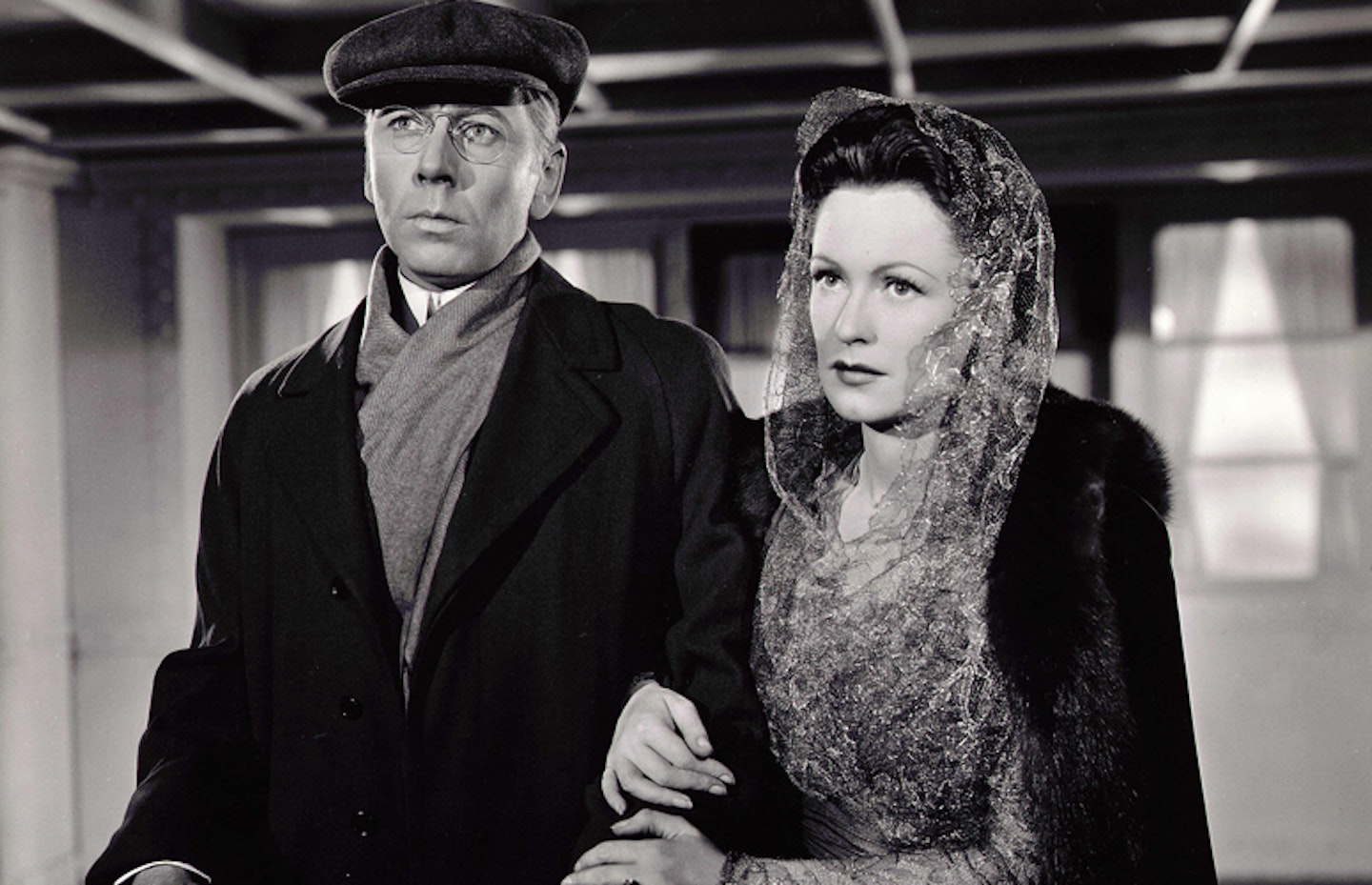
Director: Henry King
For all his many achievements, President Woodrow Wilson is not the obvious candidate for a biopic. It’s been a while since audiences gleefully threw their popcorn in the air after an action-packed bout of antitrust legislation. Still, he got one in 1944 and, sure enough, it was pretty boring. Darryl F. Zanuck’s usually sure touch deserted him – some argue that he was blinded by his admiration for the 14-Point-making prez – and it flopped big, both at the box office and on Oscar night. While Leo McCarey’s musical romp Going My Way was Bing Crosbying its way to Oscar night glory, we imagine Zanuck was off painting an angry face on the nearest volleyball. Rumour has it he was so upset at the film’s failure that he forbade mention of it in his company.
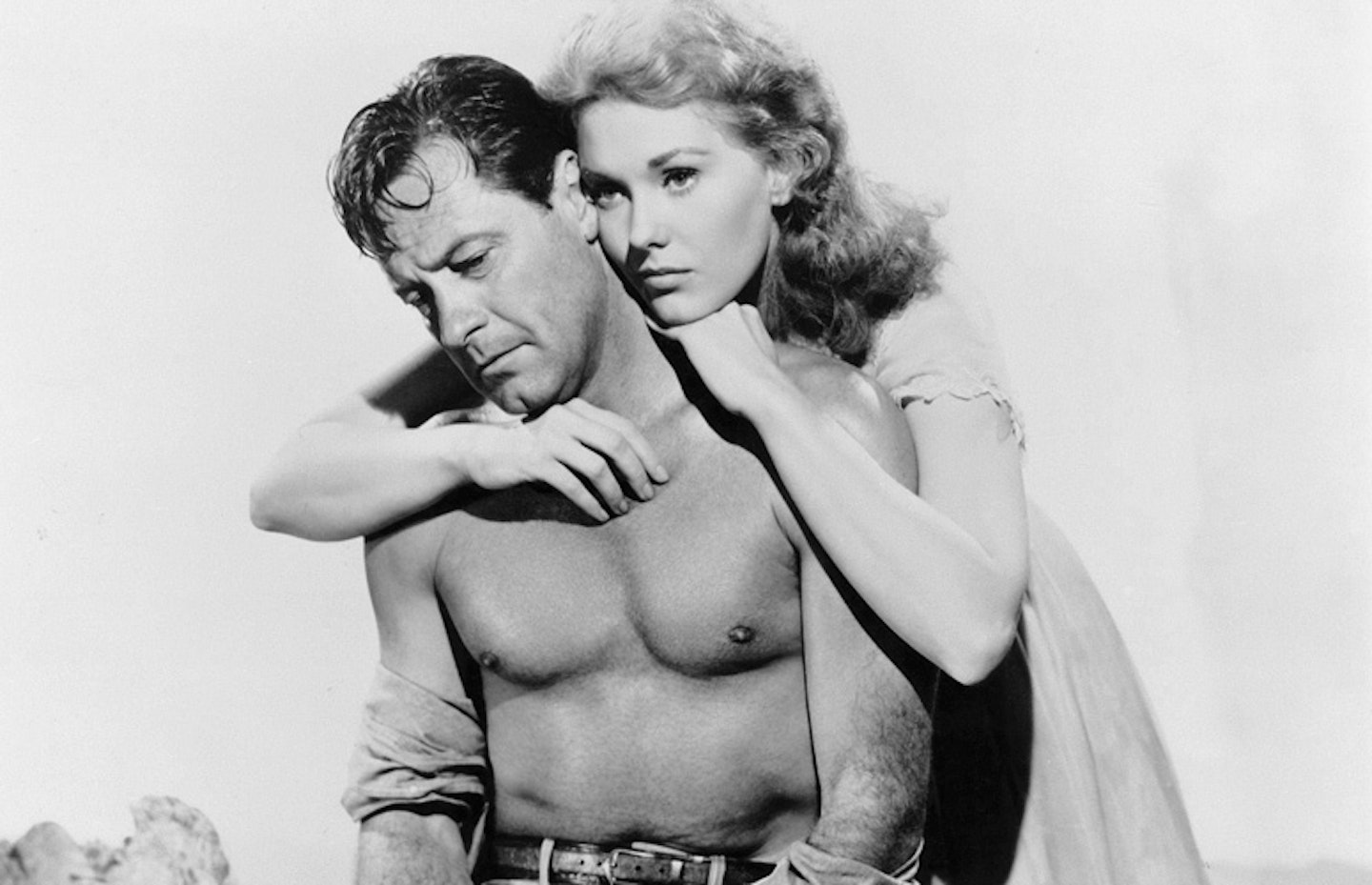
Director: Joshua Logan
If this movie was on Twitter, it would have 16 followers and three of them would be bots. Despite the poster, this wasn’t a movie about Kim Novak wrestling William Holden for his shirt. No siree. It’s a sweaty drama set in oater country that purports to be sultry but looks limper than a week-old lettuce to modern eyes. “It's hard to believe that Picnic was considered hot stuff in 1955,” Roger Ebert later wrote in a review that dismissed Picnic as “clunky and awkward” and described its dialogue as “inane”. If you’ve seen this film in the past decade, please write in.
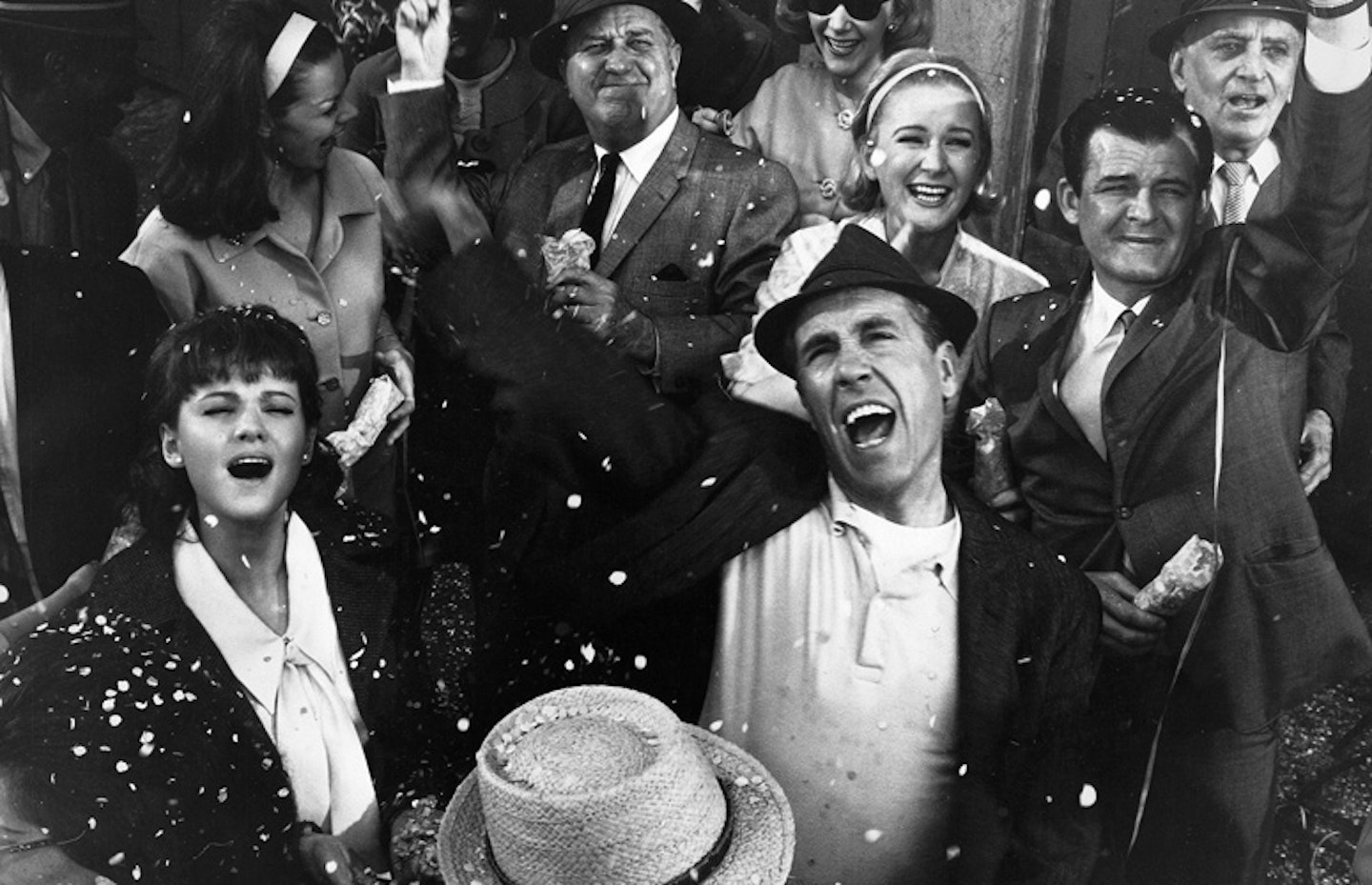
Director: Fred Coe
It may sound like a coulrophobic’s worst nightmare, but A Thousand Clowns is actually a quirky character study of Jason Robards’ scribe, recently of kids’ TV show Chuckles the Chipmunk but now unemployed. This manchild’s struggles to find a way in the world without losing custody of his young nephew were translated from stage to screen by playwright Herb Gardner and offered a handy platform for Robards and Martin Balsam’s talents. But when it comes to monkeying about, would you really pick this ahead of Being There or The Big Lebowski? Even Chuckles would think twice.
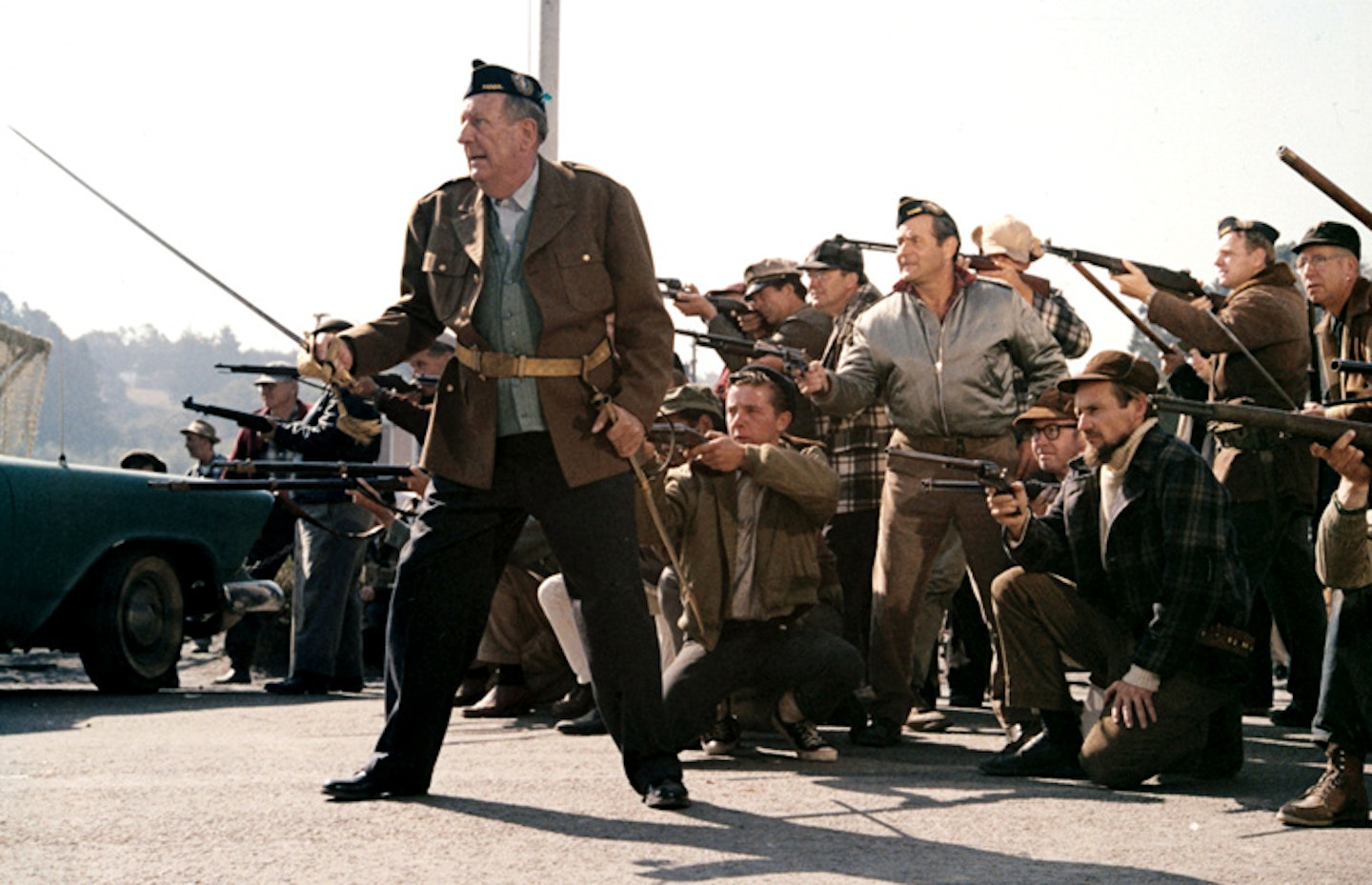
Director: Norman Jewison
When a Russian sub runs aground in white-bread New England the results play a lot more like National Lampoon’s Cold War Comedy than The Hunt For Red October. Paranoia spreads, veterans mobilise, war beckons... and all Alan Arkin’s moustachoied Soviet wants to do is borrow a towline. Norman Jewison, who was shunned in the Best Director category, had plenty of Oscar kudos (see: Fiddler On The Roof, In The Heat Of The Night, Moonstruck) but this high-concept farce wasn’t his finest moment. It might have been an amusing antidote to Cold War tensions of the time, but Dr. Strangelove it ain't.
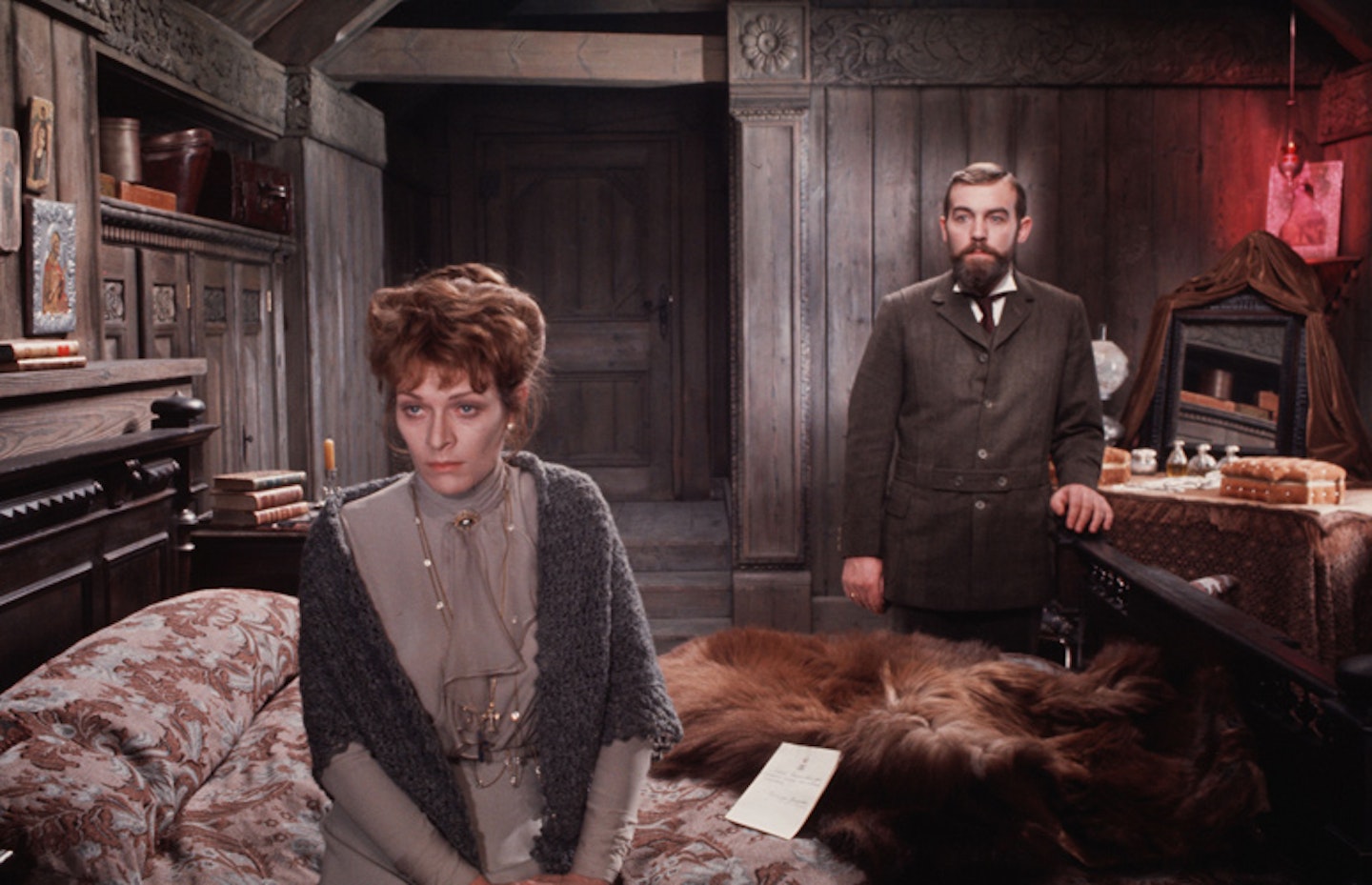
Director: Franklin J. Schaffner
The French Connection! A Clockwork Orange! Fiddler On The Roof! The Last Picture Show! Nicholas And Alexandra? It’s fair to say that 1971 had some headline acts to share with posterity, but this handsome but starchy (and buttock-numbingly long) look at Imperial Russia wasn’t one of them. The years haven’t been kind to a film that inexplicably didn’t go by the tagline “So Czar, so good!”, despite its Oscar-winning design, Freddie Young’s photography and the creative clout of mogul Sam Spiegel and Planet Of The Apes man Franklin J. Schaffner. Still notable for having a bit where Lenin shouts, “Trotsky, you’ve been avoiding me!".
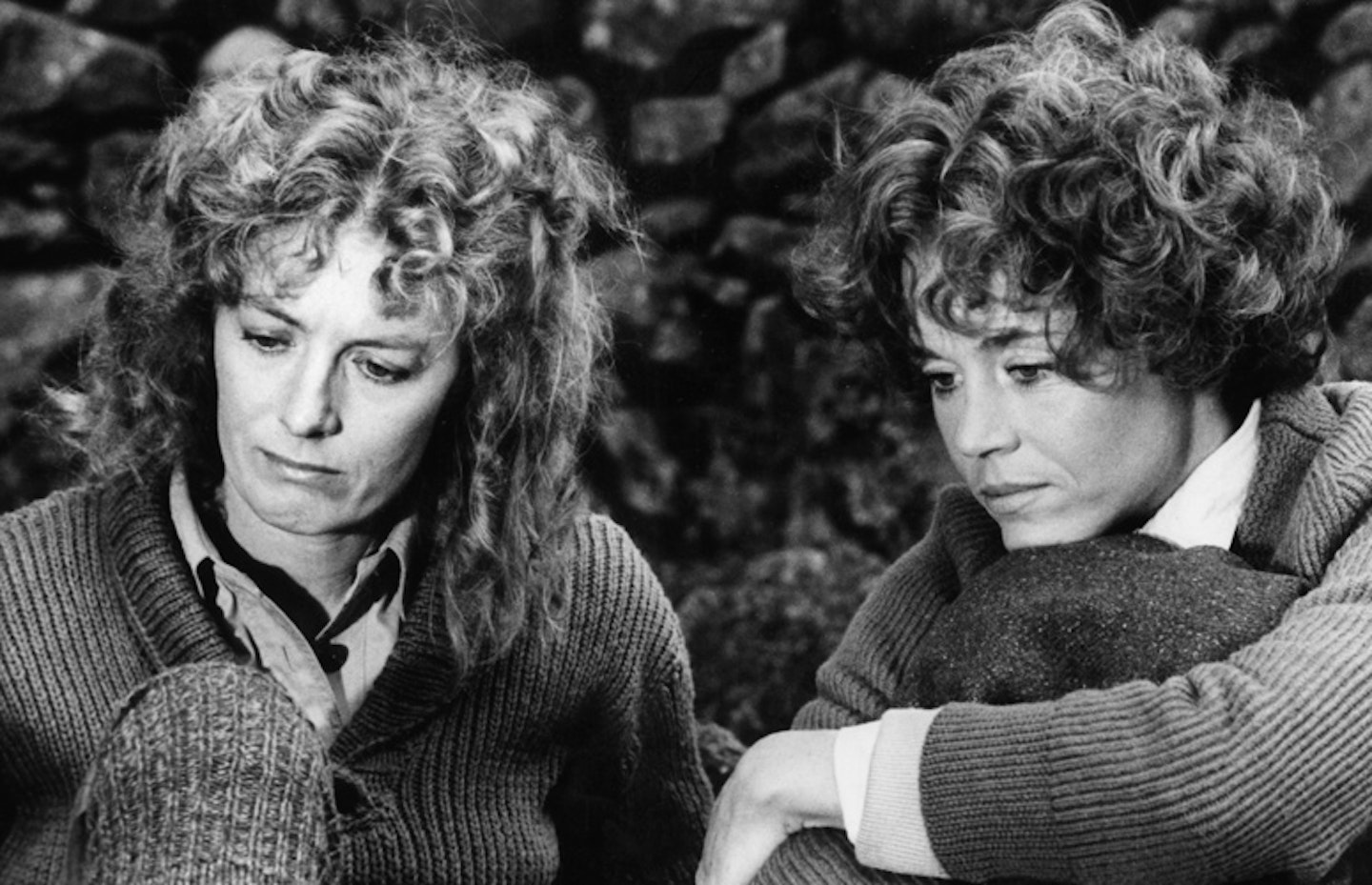
Director: Fred Zinnemann
Not to be confused with Julie & Julia, Being Julia, Julia’s Eyes or that one where Tilda Swinton seriously loses her shit, Fred Zinnemann’s period piece is a stiff-collared slice of Serious Oscar Business. Set during the pre-tremors of World War II and loosely based on novelist Lillian Hellman’s struggles with love, life and the Nazis, it’s been watched a total of 47 times since its Oscar night (we counted) – one of those worthy ’70s dramas that never quite made it out of the decade. In total it scored 11 nominations and scooped three gongs, including Best Supporting Actor for Jason Robards’ turn as Dashiell Hammett, Best Supporting Actress for Vanesse Redgrave and Best Adapted Screenplay for Alvin ‘Ordinary People’ Sargent. We're still not going to watch it again.
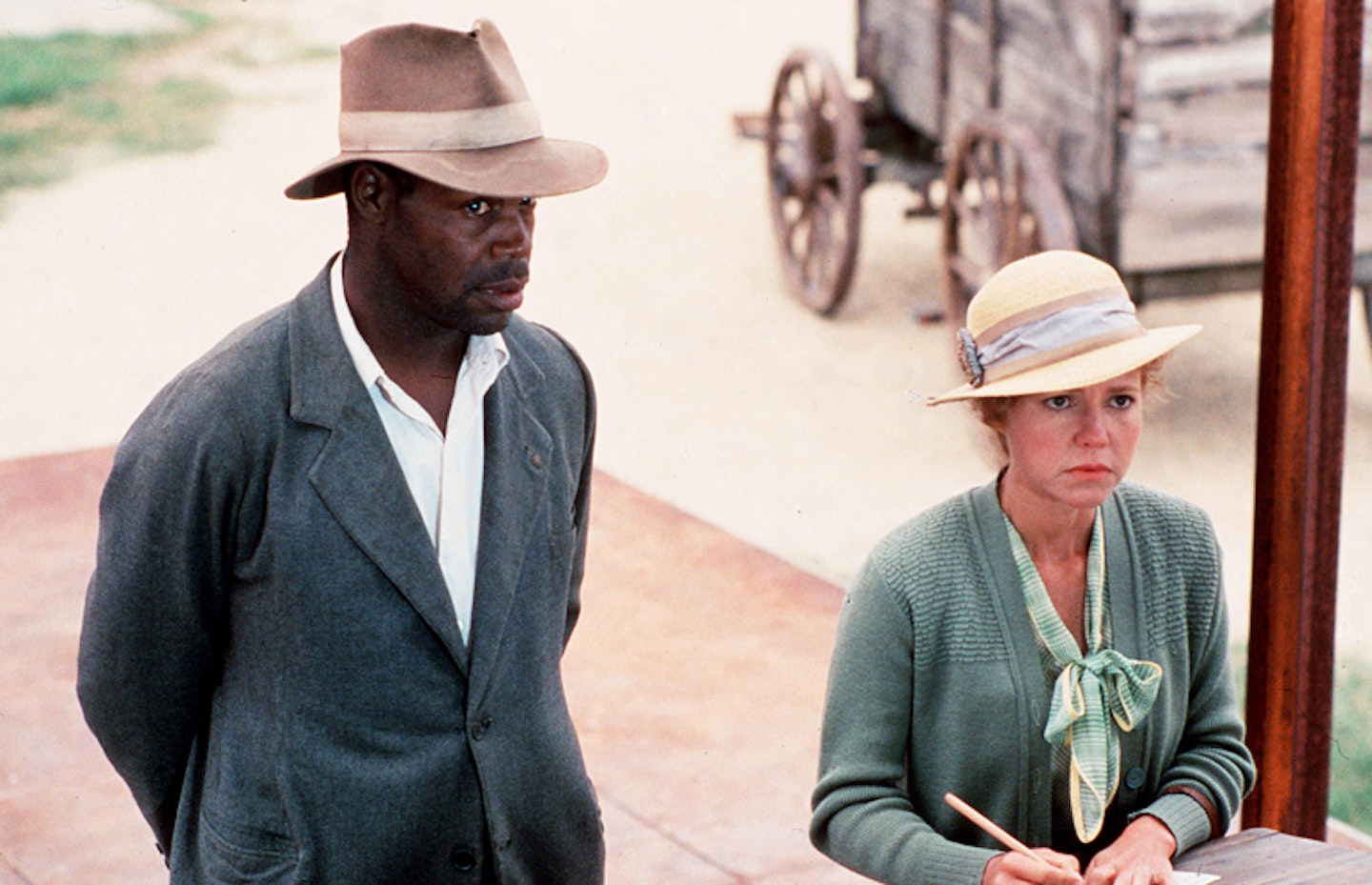
Director: Robert Benton
The movie that saw Sally Field inadvertently overshadow her Best Actress win with that “You like me!" brainstorm tells a Blind Side-like tale of a struggling mom-of-two’s (Field) benevolence towards a poor black labourer (Danny Glover) and a blinded war veteran (John Malkovich). The trio team up for a series of violent heists to save her cotton field from sweaty-pawed moneymen in a well-told but ponderous piece of Oscar-yness from Robert ‘Kramer Vs. Kramer’ Benton. Chuck in the Depression period setting, an appearance by the evil Klan and some soft-focus romance and it ticks just about every Academy box going. Well, except the one marked ‘powdered wigs’. Amadeus won instead.
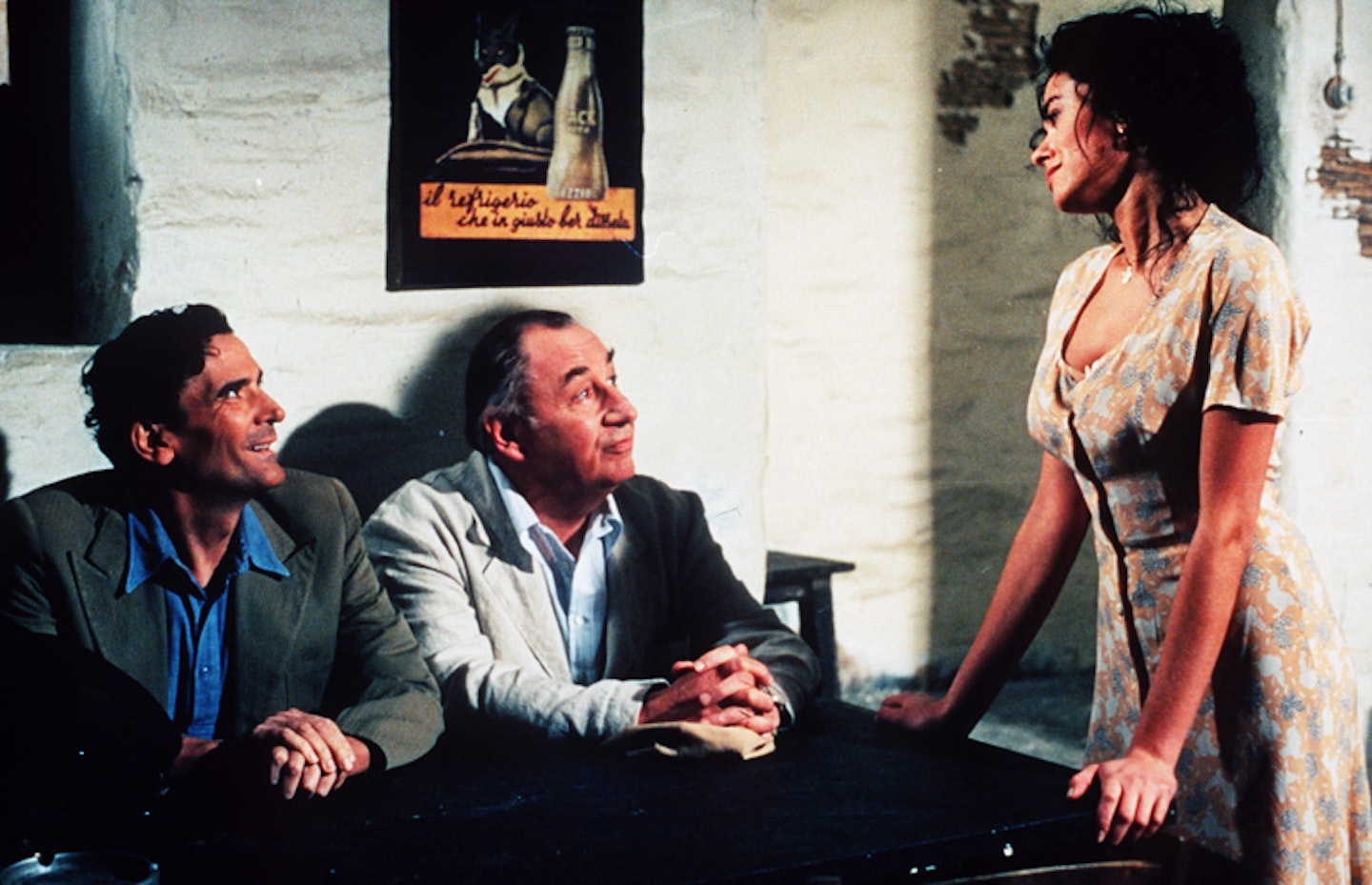
Director: Michael Radford
It spawned a brief spike in sales for Pablo Neruda anthologies – ours is gathering dust next to The English Patient Herodotus tie-in – and an entertainingly weird Harry Enfield sketch, Il Postino Pat, but Michael Radford’s elegant romance sadly seems to have faded like a photo left in the sun. Oscar nominee Massimo Troisi was a big story in the Best Actor category that year, not least because he’d died a day after the film wrapped, and his sensitive portrayal of an Italian fisherman with a hidden ear for poetry is well-worth revisiting. Or visiting for the first time.
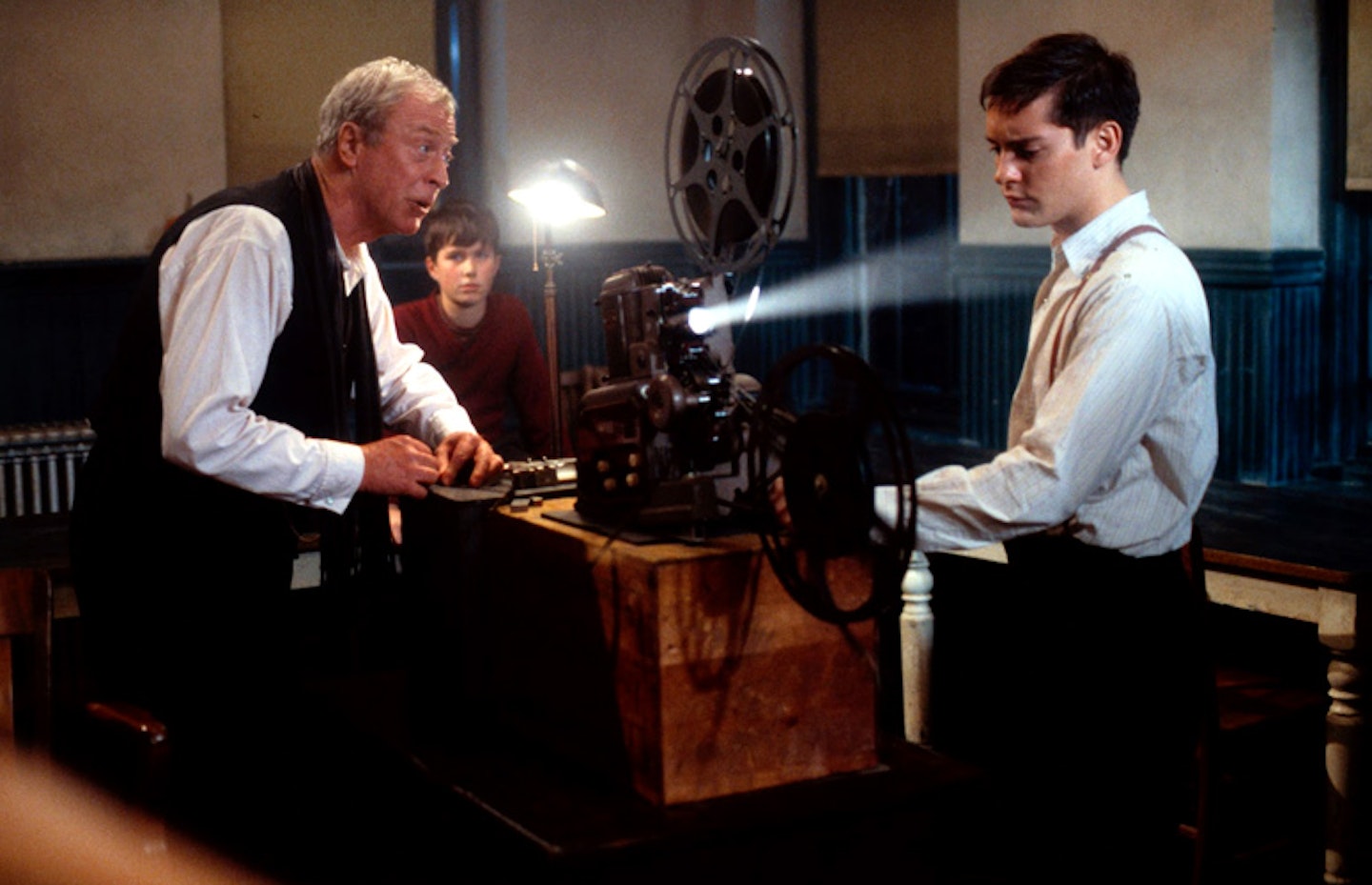
Director: Lasse Hallström
There’s two things that can be said about this John Irving adaptation: one, that lots of Academy members watched it, and two, that virtually no-one else did. Lasse Hallström’s other Oscar-y effects Chocolat and What's Eating Gilbert Grape have aged better than this Oscar-baiting period piece that had lots of emotional cargo but packed little punch among its honeyed hues and Dickensian drama. In short, it’s more Pickwick than Hard Times. Michael Caine won’t care: he scored a second Oscar for his turn as the ether-whiffing orphan patron Dr. Larch, despite boasting an American accent that many considered to be effective retaliation for Dick Van Dyke.
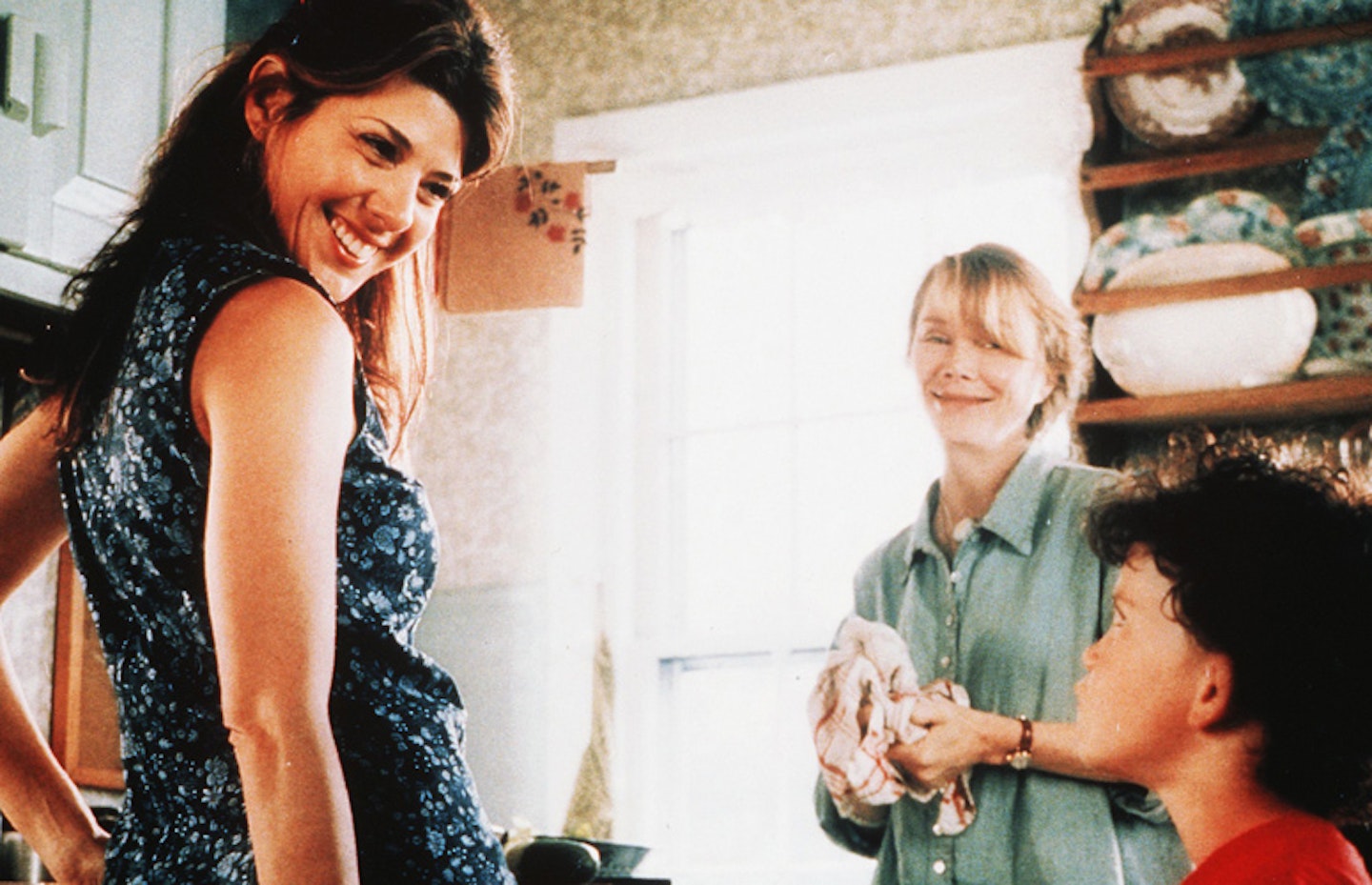
Director: Todd Field
Like its versatile director, this domestic drama wasn’t afraid to take viewers to uncomfortable places. Todd Field, whose other credit is the equally unvarnished Little Children, got the best from a pretty darn solid cast – witness its three nods in the acting categories – but it went home empty-handed on a night dominated by A Beautiful Mind. Maybe its subdued tone and understatement counted against it in the final reckoning; maybe it just broke the spirits of potential voters. Either way, it’s worth another look. Just don’t double-bill it with Prisoners.